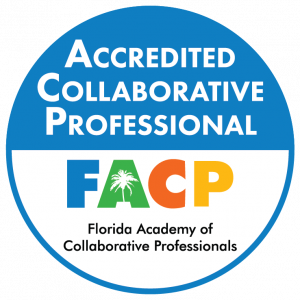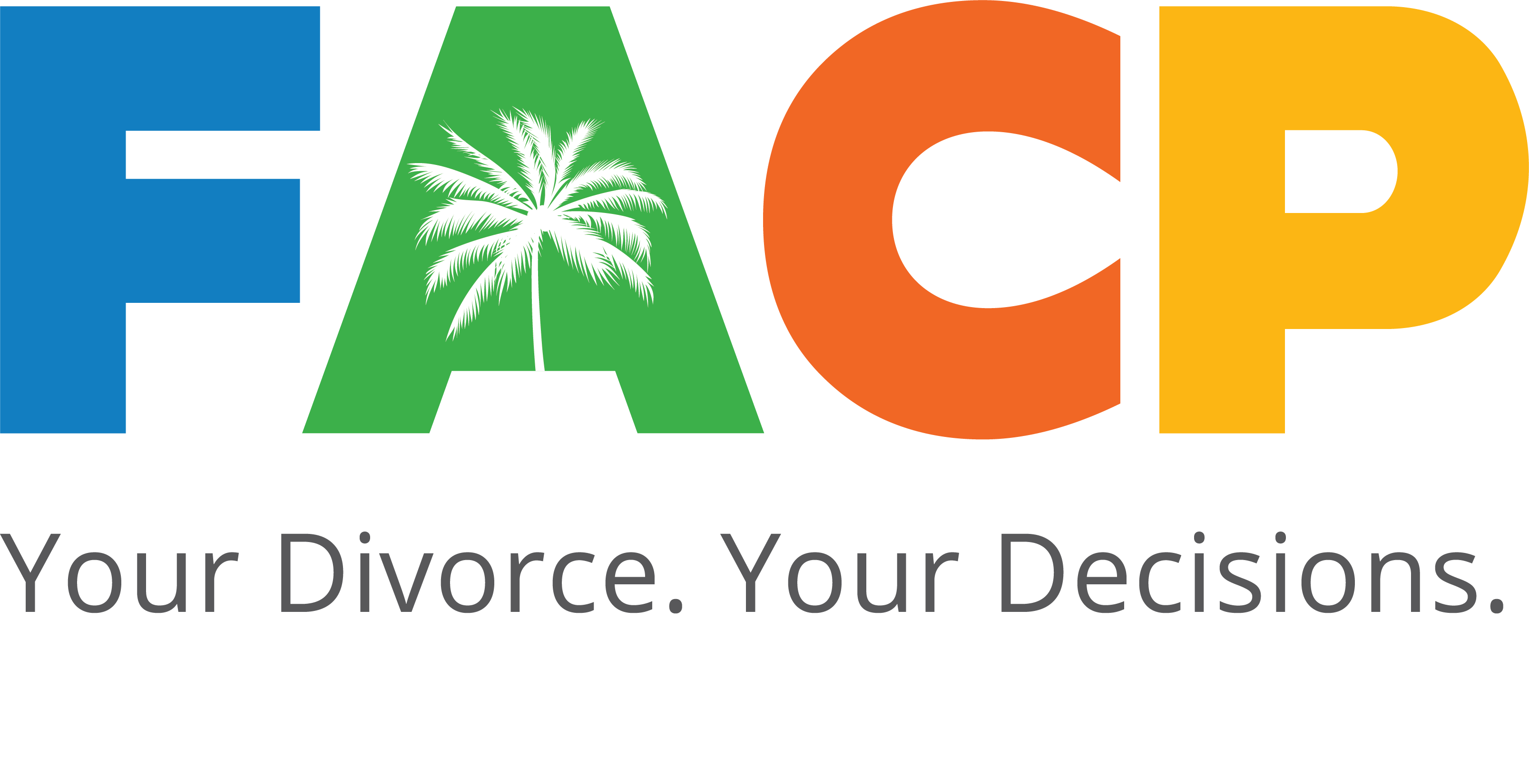“Certification” is the new catchphrase today, stretching now far beyond the well-known MD, JD, and CPA we, as consumers, have always instantly identified. Over the last few decades, certifications and accreditations have proliferated across professions and trades that range from lawyers to plumbers and reach from internet security to motor vehicle services.
Non-profits lead the way, developing voluntary certifications and accreditations to promote their industries’ standards, to create avenues for members’ career advancement, and to highlight those participants who have taken the extra steps to distinguish themselves from the average member.
In occupying our special niche in the world of voluntary certification, FACP has created a unique value proposition for its stakeholders—beginning as advocates of standards. After all, who better to set professional standards than our own members?
Members come to associations with interests and needs. Successful associations respond with a unique set of value propositions designed to fulfill those needs and to sustain members’ interest by providing them with tangible benefits.
Our members join FACP because of the value proposition that FACP offers. “Established in 2003, FACP is a fast-growing network of divorce lawyers, licensed mental health counselors, psychologists, certified financial planners, certified public accountants, and other divorce professionals dedicated to preserving family relationships while, at the same time, severing marital ties. We are a Florida non-profit organization working to build stronger families, healthier children, and thriving communities through creative, pragmatic collaboration in the divorce process.”
In the arena of accreditation, associations are specially equipped to deliver the value-added benefit that certification offers. Associations have a captive audience in their memberships and related stakeholders, and collectively possess the knowledge, skills, expertise and “intellectual property” upon which to develop a credential. Thus, by offering the credential, we create new avenues for learning, enabling our members to enhance their skills and to gain the recognition within the collaborative profession through the extra credibility associated with certification.
The value-added is actualized when our stakeholders and outside interests associate the certification with competence and quality and therefore seek it out.
A credible certification can help brand an organization as the “go-to” source for information and services, an additional value-added benefit for both certified persons and the association. For example, the “seal of approval” synonymous with credible certifications can help pave the way for associations to proactively position themselves if regulation is proposed—thus, through the accreditation, a model for setting, measuring, and enforcing standards already exists.
Most professions prefer to set and implement their own standards rather than be held to standards set by a governmental or other external agency and we are no different. In working with the Supreme Court and the Florida Legislature to get the statute passed and then the rules approved, it became clear that we are the experts on collaborative practice, not the legal community.
Furthermore, the stringent ethical requirements required of credible certification programs provide an additional measure of value as the codes of ethics that certificants must usually uphold are frequently more robust than the requirements of simple membership or regulation.
Ultimately, a profession that regulates itself retains the authority to revoke its credential from certificants who fail to comply with its standards.
While the value propositions provided by a credentialing program expand well beyond those described here, one important value-added benefit to note is how certification fosters a culture of excellence and creates an identity for its members. Thus, because certifications have become a buzzword in today’s marketplace and workforce, a credible certification program sometimes generates a profession, with standards, where none previously existed. This trend has been especially predominant in emerging and rapidly growing specialty areas such as health care, engineering and information technology. In these instances, certification has validated and defined a distinct set of skills and knowledge for an industry and the public utilizing those skills and services.
While collaborative practice has existed in the wild for years, it is only now becoming a credible force within the divorce industry. Accreditation will go a long way to defining and shaping that influence.
Whether a profession is emerging or re-tooling, a credible certification program has the ability to foster a culture of expertise for an association, create an identity for its certificants, and provide a level of trust to the public—value propositions that FACP and its members should find potently valuable and impossible to ignore.
For information about the author Joryn Jenkins, visit www.OpenPalmLaw.com or email me at Joryn@OpenPalmLaw.com.

FACP 2024 Conference: Energy, Inspiration & Action
We are still buzzing with the energy and inspiration from the recent FACP Annual Conference in sunny Boca Raton.






